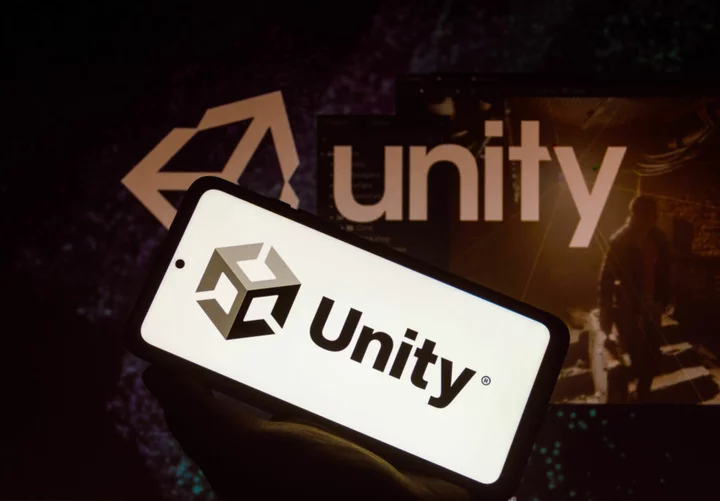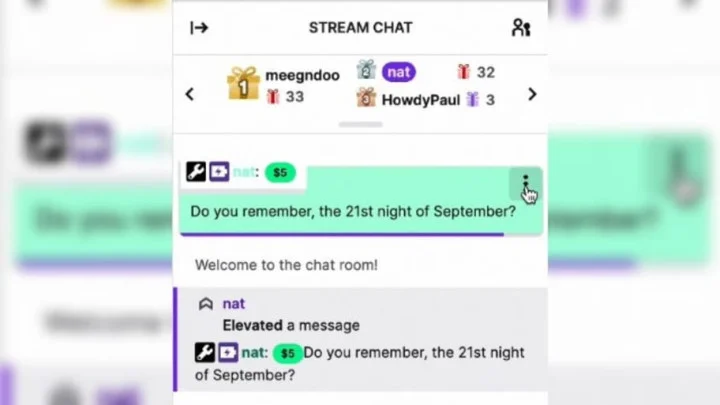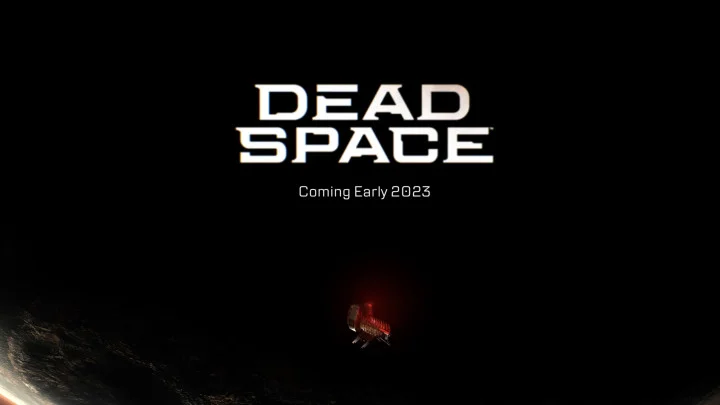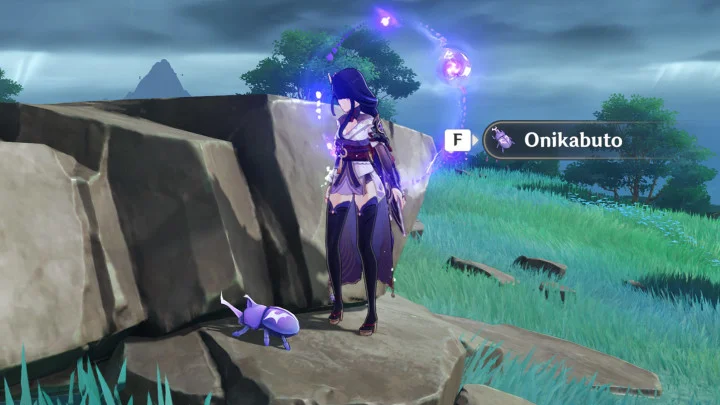Game engine Unity has announced it will begin charging developers a fee every time a user installs their game. That's even if someone's just installing games they already own on a new computer. Developers are, understandably, livid.
Unity unveiled its phenomenally unpopular policy change in a Tuesday blog post, immediately sparking widespread anger, confusion, and disbelief among the game development community. From Jan. 1, Unity Technologies will charge developers a Unity Runtime Fee on all games built with Unity, provided they have passed both a minimum revenue threshold within the last year and a minimum lifetime install count.
SEE ALSO: 'Mars First Logistics' is a physics simulator game that made me appreciate my thumbsCurrently, the Runtime Fee thresholds start at $200,000 in revenue and 200,000 lifetime game installs, depending on which version of Unity is used. Fees are calculated according to the number of installs above the threshold, with developers charged up to $0.20 per install.
This may not sound like much. But it could well be enough to destroy numerous game studios. Countless games have been made with Unity, with titles such as Genshin Impact, Among Us, Cult of the Lamb, Dredge, Kerbal Space Program, The Pale Beyond, Volcano Princess, Mars First Logistics, Beat Saber, Cuphead, and even Marvel Snap comprising just a fraction of them.
"We chose this because each time a game is downloaded, the Unity Runtime is also installed," Unity wrote in its blog post. "Also we believe that an initial install-based fee allows creators to keep the ongoing financial gains from player engagement, unlike a revenue share."
Why are game developers angry about Unity's new fees?
Unfortunately, a revenue share model would have gone over much better than this new install fee. Countless developers have swiftly highlighted a myriad of issues with Unity's new policy, including its impact on demos, refunds, subscription services such as Xbox Game Pass, free-to-play games, and participation in charity bundles. That's not even mentioning the installation of pirated games.
Unity has responded to some of these concerns, but its answers have been far from satisfactory. The company initially confirmed that if a user deletes and reinstalls a game on the same machine, the developer will be charged for each install. It has since backtracked after facing massive backlash, telling Axios that developers will only be charged once in such a scenario.
Even so, developers will still be charged multiple times if users install the same game on a different device. Developers will also be charged for installation of demos, unless it's just a single level that cannot be upgraded to the full game.
Fortunately, installations from subscription game services won't result in a charge to developers. Unity told Axios that fees would instead be charged to distributors, so Microsoft will have to foot the installation bill for any games on Xbox Game Pass. Further, games included in charity bundles will reportedly be exempt from the fee, with Unity to provide a way for developers to let them know when their game is in one. However, it's unclear how the company will determine which installs are from charity bundles and which aren't.
Unity also doesn't have a solid answer to how its install-based fee system will work with software piracy, basically saying that it's still figuring that part out.
"We do already have fraud detection practices in our Ads technology which is solving a similar problem, so we will leverage that know-how as a starting point," Unity wrote on its official X/Twitter account. "We recognize that users will have concerns about this and we will make available a process for them to submit their concerns to our fraud compliance team."
All of this is bad enough, but it gets even worse. Developers have further pointed out that Unity has essentially invented a new form of brigading: install-bombing. If enough disgruntled users band together to repeatedly delete and install a game, it could potentially bankrupt a studio, with smaller, marginalised developers particularly vulnerable to such tactics.
The company's initial response to this was identical to its response to concerns about piracy. It has since changed its tune, and told Axios that it hopes altering its policy to only charge once per machine will address this concern.
How Unity calculates install numbers
On top of all of this, there's also the issue of how Unity is collecting installation numbers in the first place. When questioned by developers, Unity declined to provide transparency surrounding its installation data. As such, the company could simply spout any number, and developers will just have to pay up with no way to check Unity's working.
"We leverage our own proprietary data model, so you can appreciate that we won’t go into a lot of detail, but we believe it gives an accurate determination of the number of times the runtime is distributed for a given project," Unity wrote.
"Well no we can't really 'appreciate that', because you'll be charging us for it, so we do need transparency in that data," responded developer Kalin Houston from Funktronic Labs. "There's a big gap between 'believe it's accurate' and an itemized bill."
The new fee structure won't apply to developers using Unity for film, education or, bizarrely, gambling. It's only Unity's game developers that are getting the short end of the stick. The introduction of the Unity Runtime Fee is also particularly interesting considering Unity CEO John S. Riccitiello just sold 2,000 shares on Sept. 6, less than a week before the announcement. This has led some to speculate that the company knew exactly how reviled this move would make them, but went ahead anyway.
In fact, Unity's new fee is so overwhelmingly derided that many game developers are publicly contemplating moving to a different game engine altogether. Considering the years of experience and training many have invested in Unity, it wouldn't be a decision taken lightly.
Even so, it may simply be a matter of cutting losses at this point. With this announcement, Unity has shown developers that it is no longer a safe game engine that can be relied upon — and it has a lot of work ahead of it to regain their trust.









